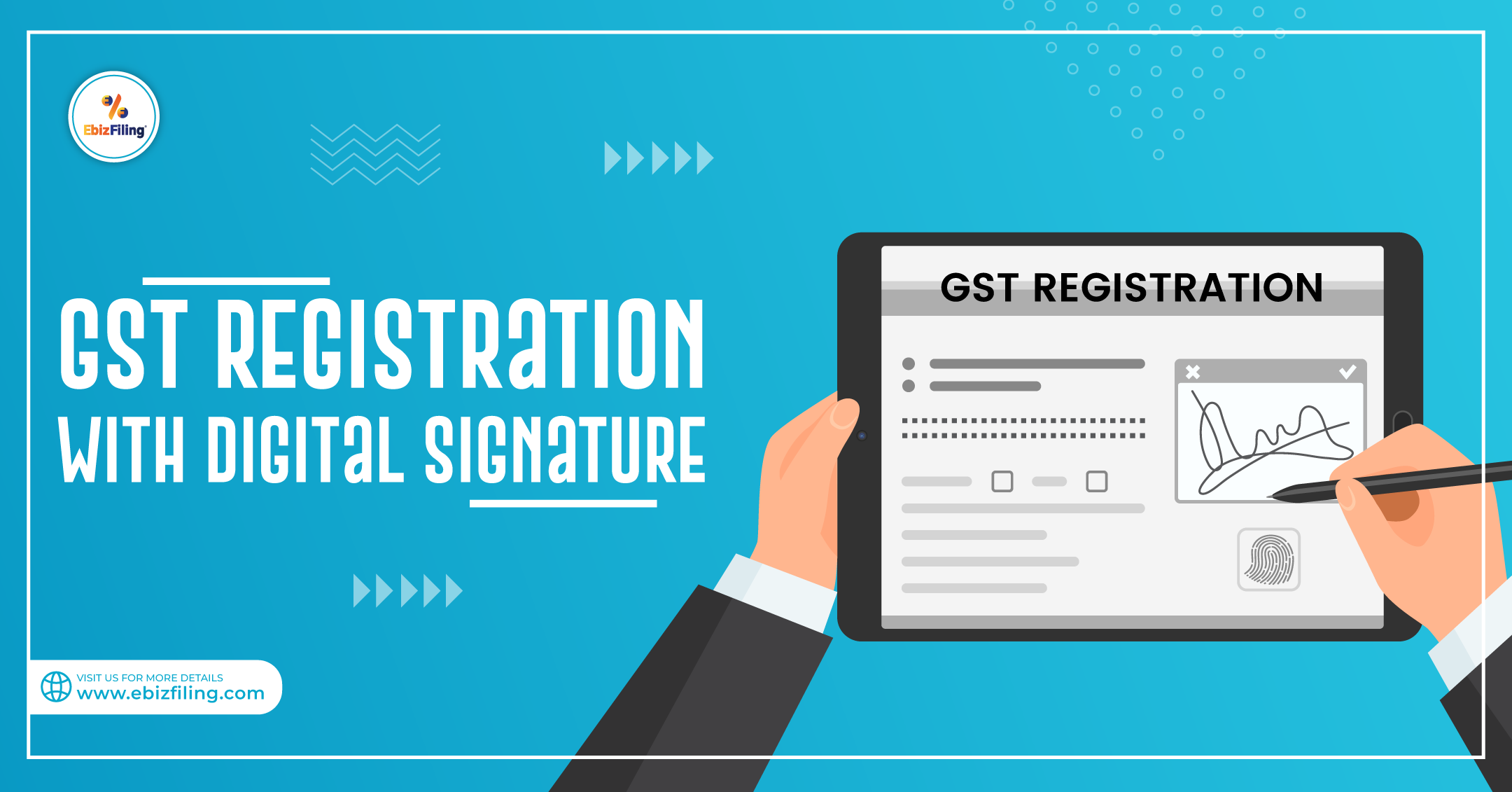The Ultimate Overview to Streamlining the GST Enrollment Refine and Demands for Local Business Owners

Understanding GST Essentials
To grasp the fundamentals of the Item and Services Tax (GST) system, little business proprietors need to initially understand its underlying principles and effects. Under the GST regimen, businesses are called for to collect and sign up tax obligation on behalf of the government, making sure transparency and conformity.
Among the essential principles of GST is input tax debt, which permits organizations to claim credit scores for tax obligations paid on their purchases. This device avoids the cascading result of tax obligations and promotes performance in the tax obligation system. Furthermore, GST is a destination-based tax obligation, suggesting that the tax is levied at the point of intake instead of the point of origin. This makes sure fair circulation of tax obligation income amongst states based on where the items or solutions are eaten. Comprehending these fundamental principles is essential for local business proprietors to browse the complexities of the GST system and make sure compliance with the legislation.
Qualification Requirements for Enrollment
Having actually established a fundamental understanding of GST principles, small company owners have to now satisfy details qualification requirements to wage the enrollment process. In India, entities took part in the supply of goods or services with an annual aggregate turn over going beyond Rs. 40 lakhs (Rs. 10 lakhs for special group states) are required to register for GST. Furthermore, particular businesses such as those associated with inter-state supply of items, casual taxable persons, and those needed to pay tax obligation under the reverse charge system have to sign up for GST regardless of their turn over. Moreover, services that were signed up under the previous tax obligation regimen (BARREL, solution tax, and so on) are also mandated to register under GST. Nevertheless, farming organizations that only supply produce out of primary manufacturing are excluded from GST registration. It is important for company owner to thoroughly assess their eligibility based on these standards to make sure compliance with the regulation and avoid any kind of charges for non-compliance.
Documents Required for GST Enrollment

Simplified Registration Refine Steps
Adhering to the collection and confirmation of the requisite records, the enrollment procedure for GST can be navigated with a collection of streamlined actions made to promote efficient conformity for local business proprietors. The initial step involves visiting the GST website and choosing the 'New Enrollment' choice. Subsequently, the candidate must complete Component A of the GST REG-01 kind with details such as frying pan, mobile number, and email address to get an OTP for verification. When click this site the OTP is obtained and gotten in, a Temporary Reference Number (TRN) is created for more procedures. The following step calls for submitting Component B of the form with necessary business information, submitting supporting documents, and finishing the confirmation procedure utilizing DSC or EVC. Finally, upon effective confirmation, an Application Referral Number (ARN) is released, indicating the completion of the GST registration process. By complying with these simplified steps, small company proprietors can successfully register for GST and guarantee conformity with tax obligation regulations.
Tips for Ensuring Conformity
To keep regulatory adherence and operational integrity, diligent oversight and proactive measures are essential in making certain conformity with GST demands for local business owners. Small organization owners need to stay updated with GST regulations, filing due dates, and any kind of changes in tax prices to avoid penalties and keep an excellent standing with tax obligation authorities. One vital pointer for conformity is to maintain thorough and precise records of all purchases, including expenses, invoices, and invoices associated with GST. On a regular basis reconciling financial documents with GST returns can help in recognizing and remedying any discrepancies quickly. Furthermore, carrying out regular internal audits or looking for specialist assistance can make sure that business is following all GST guidelines appropriately. It is additionally critical for small company proprietors to purchase GST-compliant accountancy software program that can streamline the tax obligation filing procedure and lessen errors. Participating in GST awareness workshops or training programs can improve understanding and conformity with GST laws, ultimately profiting the organization in the lengthy run.
Conclusion
In verdict, local business owners need to understand the essentials of GST, satisfy the qualification standards, collect needed records, and comply with the streamlined enrollment process steps to guarantee conformity. By streamlining the GST enrollment process and demands, local business owners can avoid fines and run their businesses efficiently within the legal framework - Singapore GST Registration. description It is critical for little service owners to stay certified and enlightened with GST laws to keep an effective organization procedure
Tiny business owners looking for GST enrollment must guarantee they collect and send the required papers to finish the enrollment process effectively. The papers needed for GST enrollment normally include evidence of service enrollment or unification, FRYING PAN (Irreversible Account Number) card of the service address, identity and entity proof of the promoters/partners/directors, pictures, address proof of the location of business, bank account declarations or canceled cheques, and consent types. Attending GST understanding workshops or training programs can improve understanding and conformity with GST laws, ultimately profiting the organization in the long run.
By streamlining the GST enrollment process and demands, small company owners can avoid penalties and run their services smoothly within the legal structure. It is essential for little company owners to stay informed and compliant with GST guidelines to keep a successful company procedure.